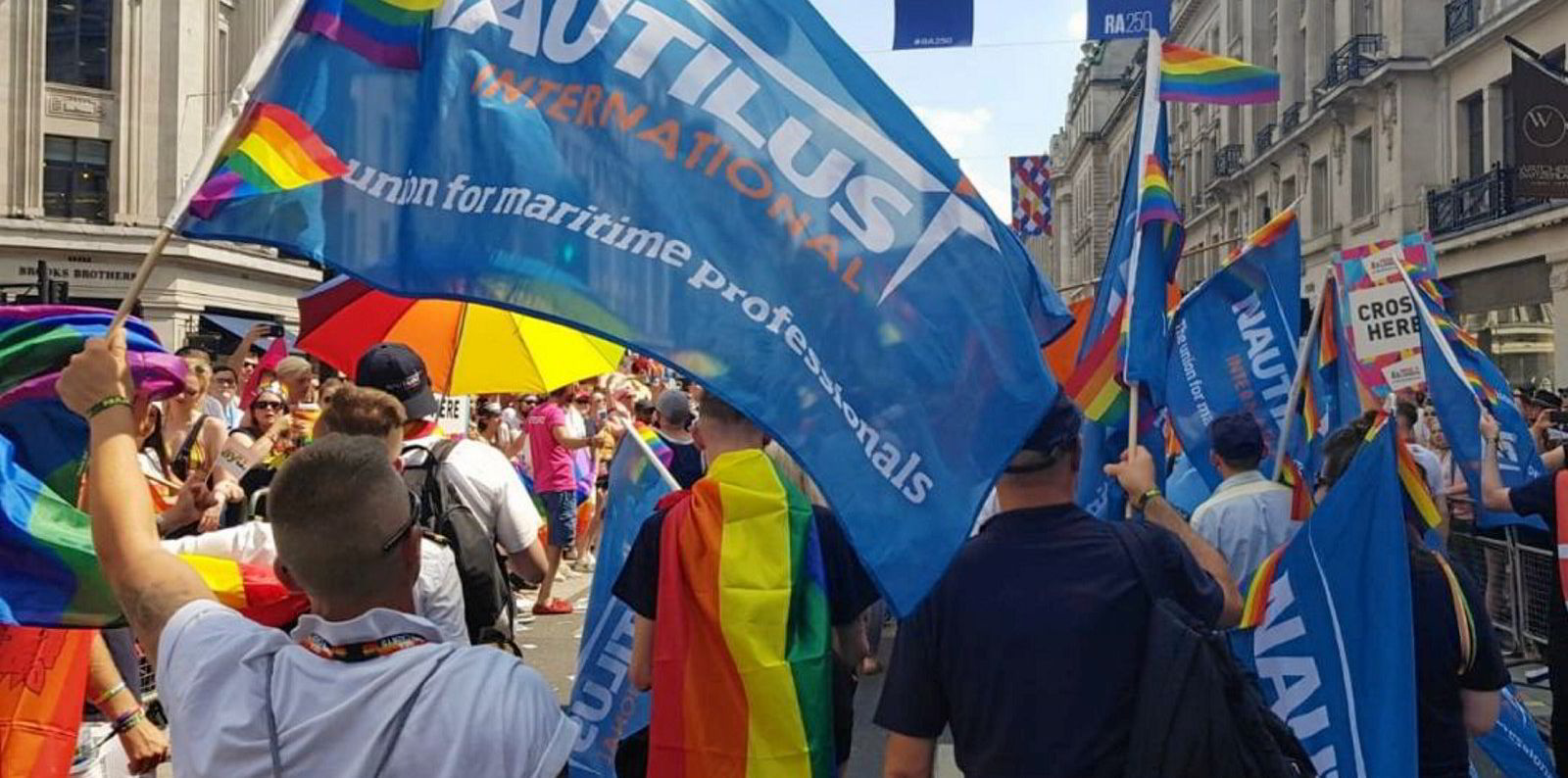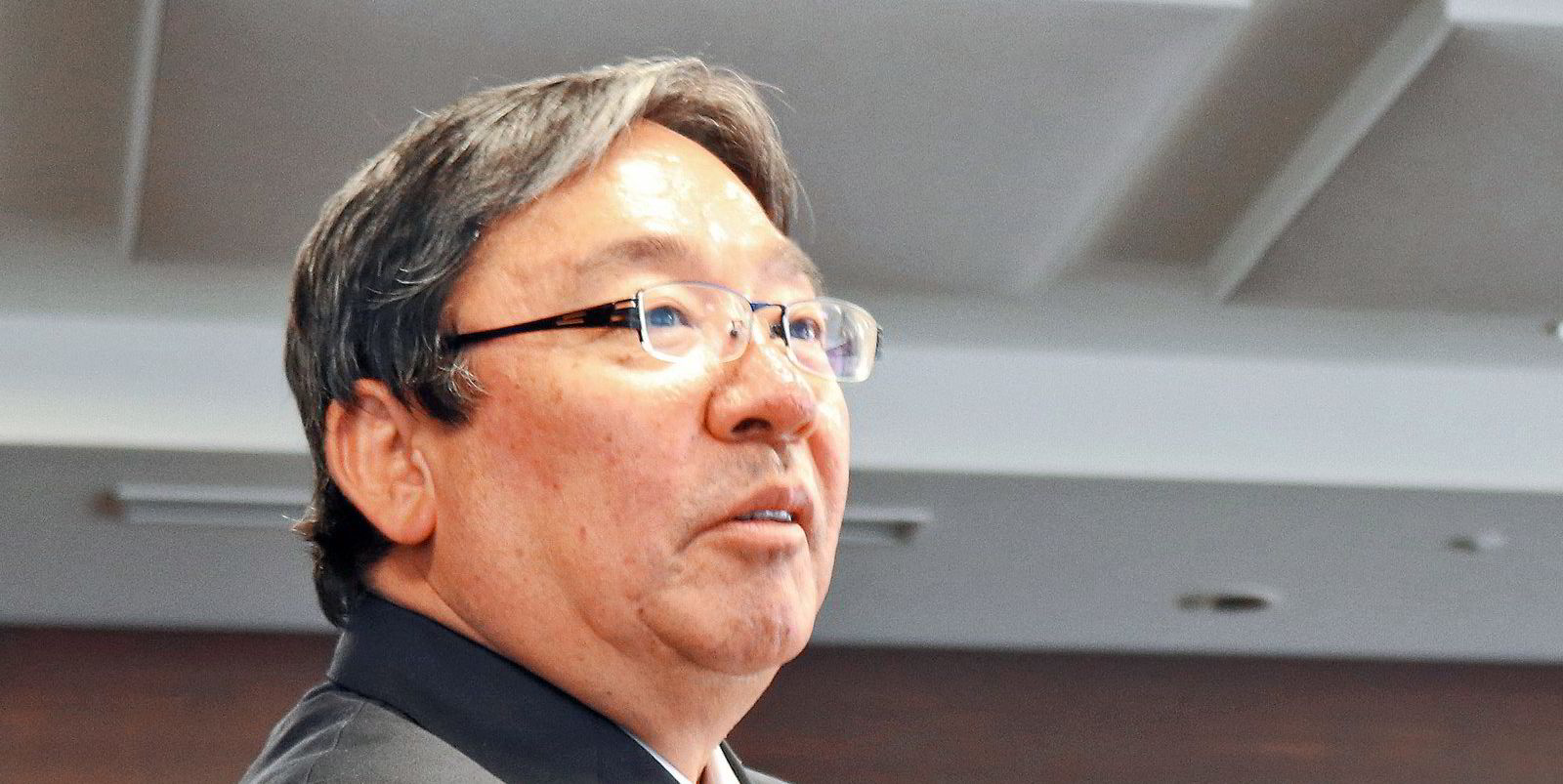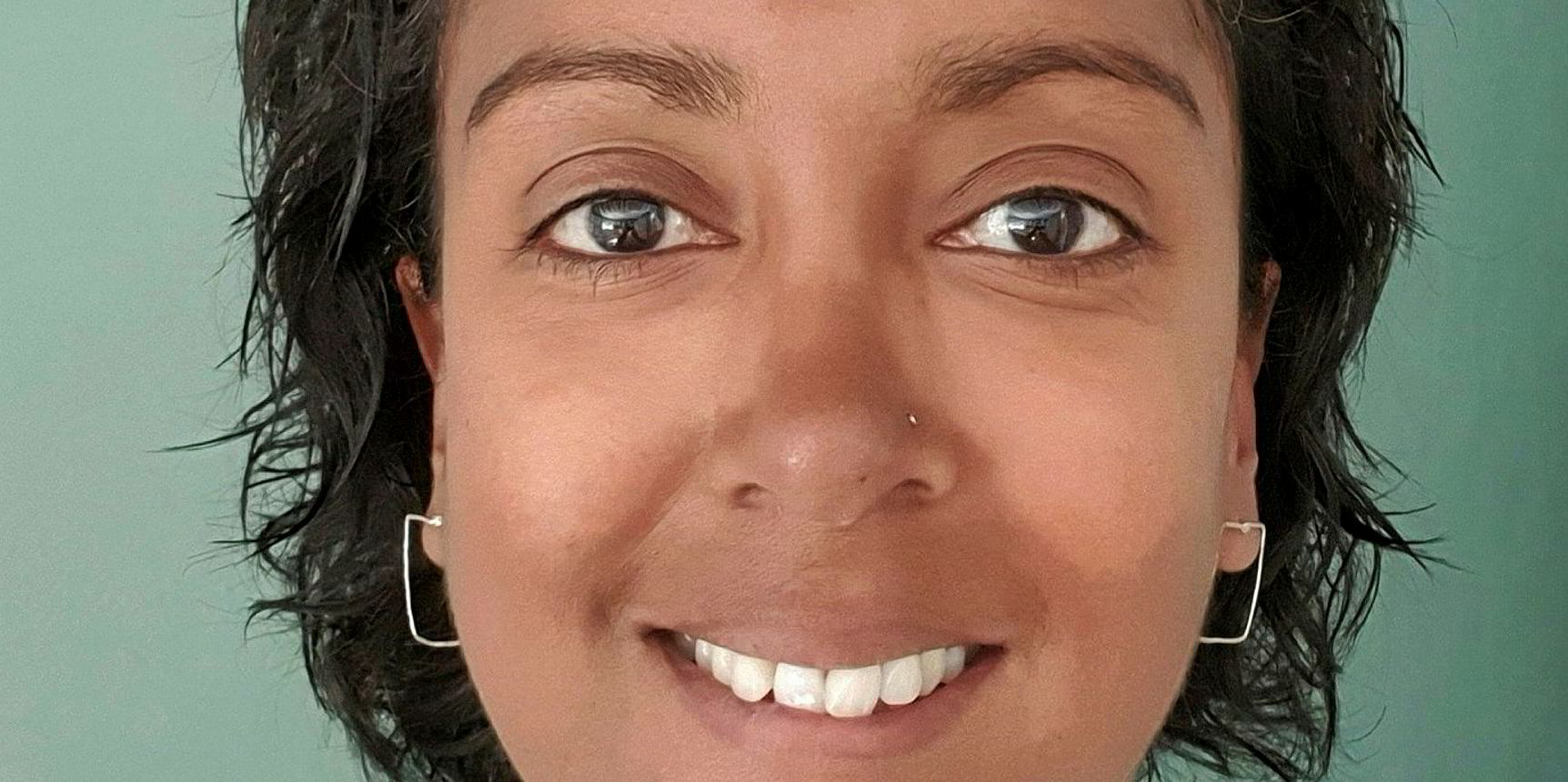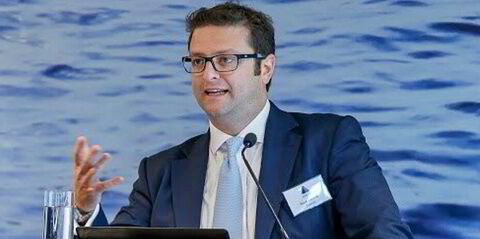Inclusiveness and protections for LGBT+ workers at sea are still lagging behind progress that has been made on land, advocates say.
Martyn Illingworth, the head of operations at seafarers charity Human Rights at Sea, said there are many companies that have a corporate policy that is becoming very inclusive on shore.
But when it comes to lesbian, gay, bisexual and transgender seafarers, those efforts are taking a long time to disseminate onto vessels.
“We know of organisations who do fabulous work in this area on land,” he said. “Getting that message out to their vessels and changing the cultural approach on ships takes a lot.
“It’s a harder challenge, and I think it’s something that companies haven’t yet perfected.”
Although he said the situation is improving, Illingworth added that stigma at sea remains a problem, with growing cases of mental health challenges reported by LGBT+ seafarers.
Danny McGowan, who is the chair of Maritime UK’s Pride in Maritime Network and an international organiser at seafarers union Nautilus International, said shipping companies’ increasing focus on environmental, social and corporate governance (ESG) is a factor in significant steps that the industry has made in becoming more inclusive for LGBT+ workers.
But he also said shipping has a long way to go.
For seafarers, one key challenge is that, even though they may face waning discrimination at home, their jobs take them to countries where, for example, same-sex sexual activity is illegal.
In an international industry like maritime, McGowan said that is a challenge that shoreside workers face as well, as their jobs also may send them to countries with laws that discriminate against LGBT+ people.
Hiding parts of themselves
On board vessels, LGBT+ seafarers find different attitudes towards homosexuality than they might find at home, and they may feel the need to hide parts of who they are because of the culture on board.
McGowan said the first task for shipping companies is to make sure they have discrimination policies that are well publicised to seafarers of all ranks.
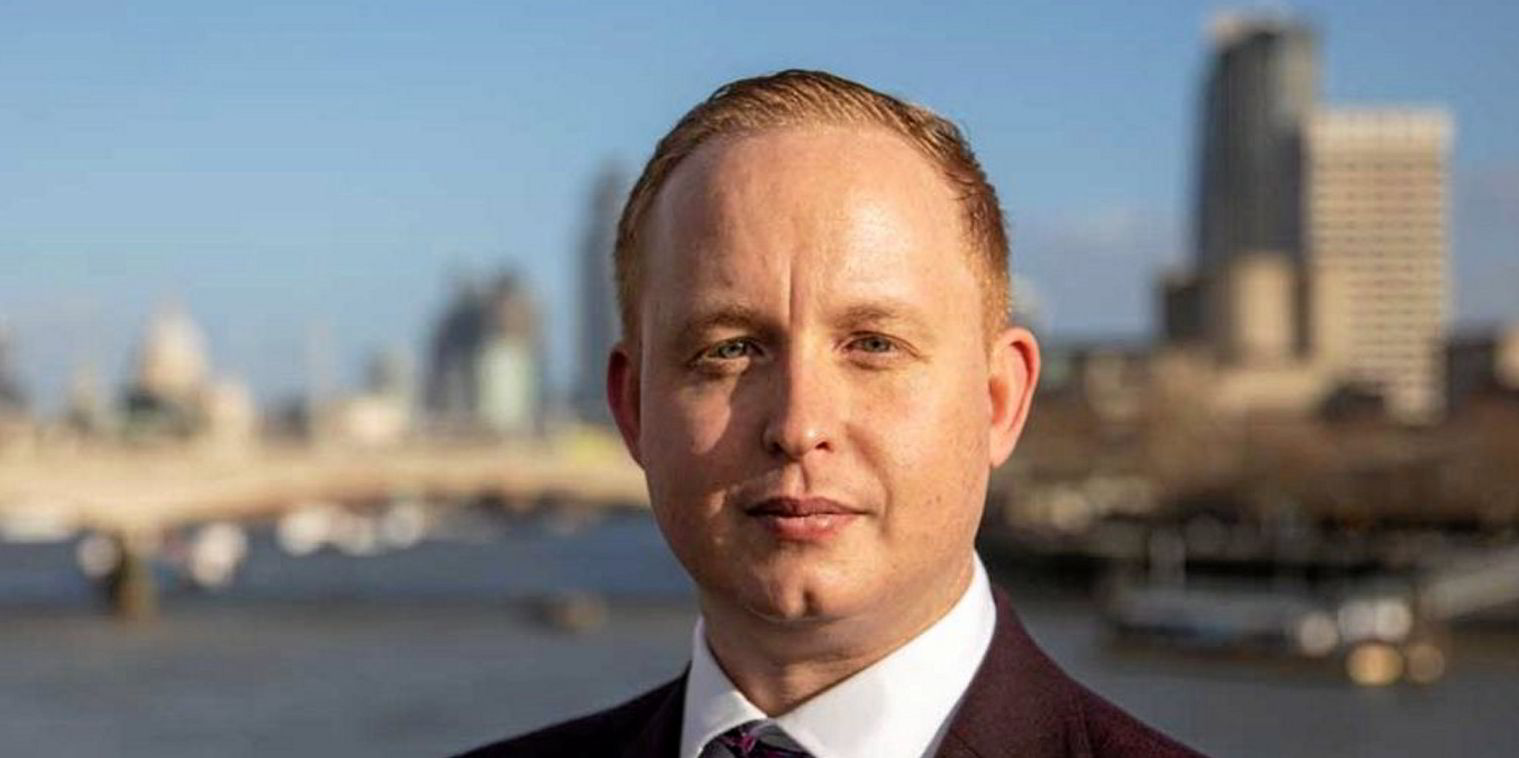
That way, officers can deal with discrimination if they see it, and other seafarers are equipped to call it out.
“And those who are LGBT+ working on the ships can know that they have the backup of their company if and when something like that occurs,” he said.
Illingworth also said there is a growing call for shipowners to consider countries’ legal restrictions on homosexuality when choosing where to register their vessels.
For example, the laws of Liberia and St Vincent & the Grenadines, both of which have open registries for shipping, both ban homosexuality.
“Being on a certain vessel flagged under a certain state, just by virtue of your homosexuality, you are illegal,” he said.
“If that state is a state that says, essentially, homosexuality is criminal, that does take a psychological toll.”
Although it is still not as advanced as other topics of diversity in the maritime sector, there is a growing conversation about LGBT+ inclusiveness, particularly in the UK and northern Europe.
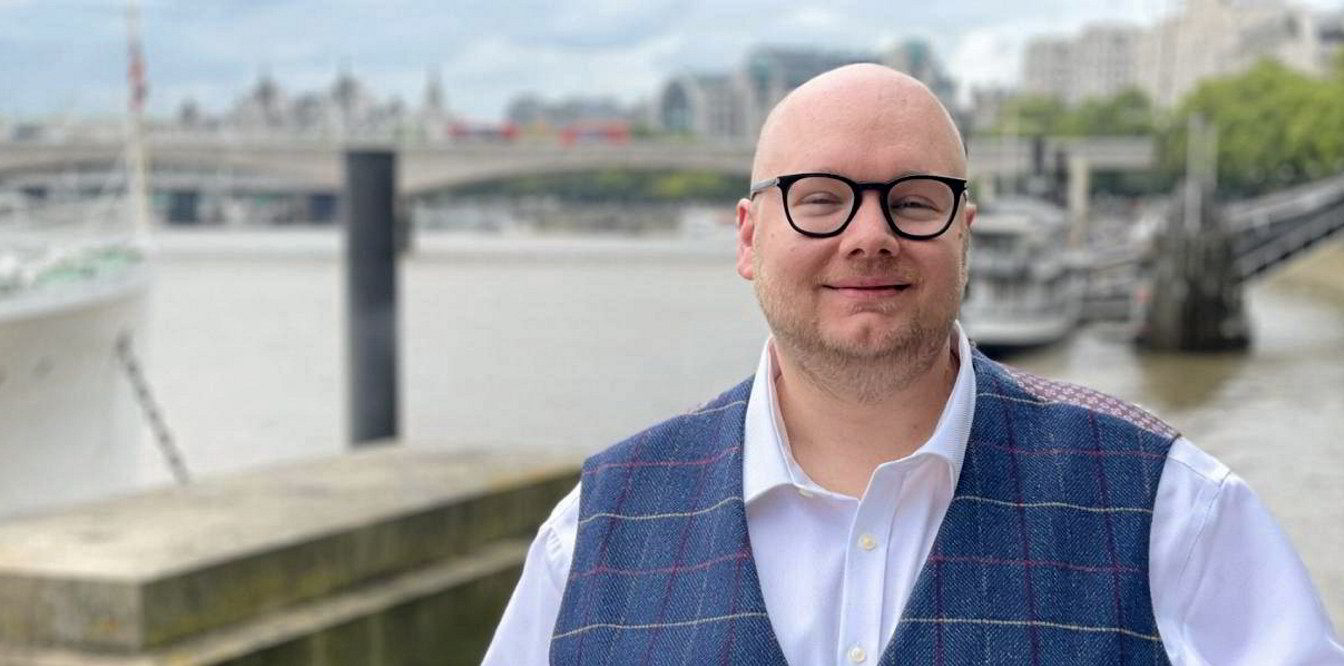
And McGowan highlighted the importance of the growing number of groups and networks where those LGBT+ workers can be themselves.
When McGowan joined Nautilus after working in trade unions in the civil service sector seven years ago, he did not find those spaces in the maritime industry.
“And where I found nothing, that then made me hide aspects of myself, hide parts of my life that I didn’t need to hide, because Nautilus is a great employer,” he said.
McGowan said a growing number of shipping companies are attending Maritime UK and Nautilus roundtables, which provide an opening to share best practices on inclusiveness for LGBT+.
Although Pride in Maritime faced the challenge of coming into existence in 2020 during a global pandemic, he said its biggest achievement is creating a space where shipping’s LGBT+ workers can network.
“People do come along to our networks now and speak openly about challenges they face, about problems they’ve had, about ideas they’ve got to develop our industry into one that is welcoming, and is one that is recognised as welcoming, for LGBT+ people,” he said.
